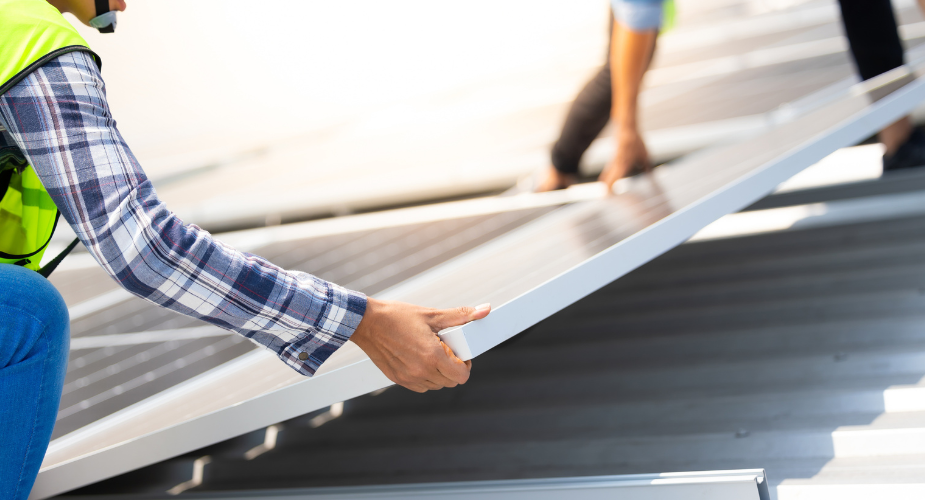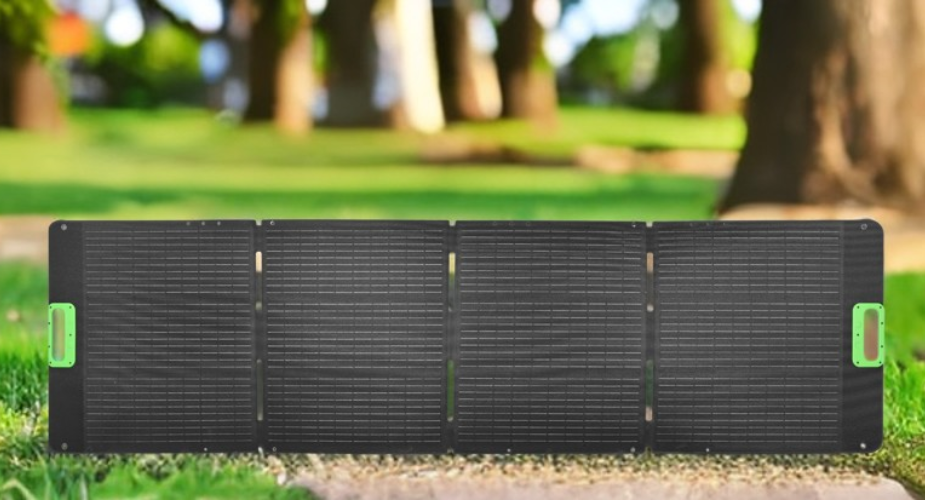Electricity costs are going up, and more people are looking for better ways to power their homes and businesses. One smart and eco-friendly option is using a solar kit. These kits give you everything you need to start using energy from the sun. They’re a great choice if you want to save money, help the environment, or have power even during outages. Whether you live in the city or in a faraway place, a solar kit makes it easier to use clean energy. In this article, we’ll explain what a solar kit is and how it can work for you.
Solar Kit Essentials: What to Know Before You Buy
- What Is a Solar Kit?
- Things to Consider When Choosing a Solar Panel Kit
- Benefits of Using a Solar Panel Kit with Battery and Inverter
- Tips: Recommended Solar Panel Kit for Home or Business
What Is a Solar Kit?
A solar panel kit is a pre-packaged bundle that includes all the necessary components for generating and using solar energy. It’s designed for easy setup and can be used for residential homes, commercial buildings, RVs, cabins, and more.
Key Components of a Solar Kit:
Solar Panels
These are the main parts of the system. Solar panels absorb sunlight and convert it into direct current (DC) electricity using photovoltaic (PV) cells. The number of panels you need depends on your daily energy consumption.
Charge Controller
This device regulates the power going into the battery from the solar panels. It prevents overcharging and protects the battery from voltage fluctuations, which can damage it over time.
Inverter
An inverter converts the DC electricity generated by the solar panels (and stored in the battery) into alternating current (AC), which powers your standard household appliances.
Battery (Optional but Recommended)
A battery stores excess energy generated during the day so that you can use solar power at night or during blackouts. Lithium-ion batteries are popular due to their long life and high efficiency.
Wiring and Mounting Equipment
These include cables, connectors, brackets, and rails that help securely install and connect the entire system.
By buying a solar panel kit with battery and inverter, you get a streamlined solution that’s typically more cost-effective than sourcing each part individually.
Things to Consider When Choosing a Solar Panel Kit
Not all solar kits are created equal. Before you make a purchase, it’s important to evaluate your specific situation and energy needs. Here’s what to look at:
1. Your Power Consumption
Calculate how much electricity you use on average each day. Check your utility bills or use an energy meter to determine the kilowatt-hours (kWh) you need. This ensures you choose a kit that can meet your energy demands without under- or over-sizing.
2. Grid-Tied vs. Off-Grid
Grid-tied systems are connected to your local utility grid. They allow you to use solar power during the day and draw from the grid at night. These are ideal for people looking to reduce their energy bills without going fully independent.
Off-grid systems operate completely independently from the power grid and require a battery system to store energy. These are ideal for remote areas or backup power solutions.
3. Available Roof or Ground Space
Solar panels on your solar kit need adequate space and sunlight exposure to operate efficiently. A south-facing roof with minimal shade is best. You may need ground-mounted panels if your roof isn’t suitable.
4. Battery Capacity and Type
If you’re buying a kit with a battery, check the storage capacity (measured in amp-hours or kilowatt-hours) and the type of battery. Lithium-ion batteries are more expensive than lead-acid but last longer and charge more efficiently.
5. Inverter Compatibility
Ensure your inverter can handle the wattage of your solar panel system and that it supports the type of appliances you plan to use. Pure sine wave inverters are essential for running sensitive electronics safely.
6. Expandability
A good solar kit should allow you to add more panels or batteries in the future. This is useful if your energy needs increase over time or if you’re starting with a small system.
7. Warranty and Support
Look for products that come with at least 10–25 years of warranty on the solar panels and at least 5–10 years on batteries and inverters. Also, ensure the company offers responsive technical support.
Benefits of Using a Solar Panel Kit with Battery and Inverter
Choosing a solar panel kit offers a complete, self-reliant power solution. Here’s how it benefits you:
1. Energy Independence
With a battery system, you’re not dependent on the power grid. This is particularly valuable in rural areas, disaster-prone locations, or during grid outages.
2. Lower Electricity Bills
Once installed, solar energy is free. Your upfront investment pays for itself over time through reduced utility bills and even government incentives or tax credits in some regions.
3. Environmentally Friendly
Solar power is 100% renewable and produces zero emissions. Installing a solar kit helps you reduce your carbon footprint and combat climate change.
4. Easy Installation
Solar kits are often pre-configured and include user-friendly manuals. Many are designed for DIY installation, although professional help is recommended for complex setups.
5. Scalability
Start small and expand later. Whether it’s adding more solar panels or increasing battery capacity, a modular solar kit lets you grow your system as needed.
Tips: Recommended Solar Panel Kit for Home or Business
When choosing a solar panel kit with battery and inverter, it’s important to find one that fits your specific energy needs. Whether you're looking for a simple home setup or a more powerful backup solution, here are some great options to consider:
Starter Solar Kits(100W–300W)
This type of kit is great for small uses like camping, RVs, or powering lights and gadgets in a tiny home or cabin. It's lightweight, easy to set up, and perfect if you're just starting out with solar power.
Home Solar Kits (500W–2000W)
If you're looking to power basic appliances like a fridge, lights, and Wi-Fi in your home, a kit like Nature's Generator Gold System is a solid option. It comes with a solar panel, built-in battery, and inverter, giving you a reliable, all-in-one solution. It’s great for daily use or emergency backup without needing complex installation.
Commercial Solar Kits (3000W–10,000W+)
For larger homes, offices, or businesses with more demanding energy needs, a more powerful system is the way to go. The MyGrid 10k system is designed for higher power use and includes a robust solar panel kit with battery and inverter setup. It’s ideal if you want longer-lasting backup power or are moving toward a more independent, solar-powered setup.
Conclusion
Switching to solar energy is a smart step toward saving money, reducing your carbon footprint, and gaining more control over your power supply. With the right solar kit, you can start using clean energy without the hassle of buying each part separately. Whether you need a basic setup for home use or a powerful system for business or emergency backup, there’s a solar panel kit with a battery and inverter to match your needs.













